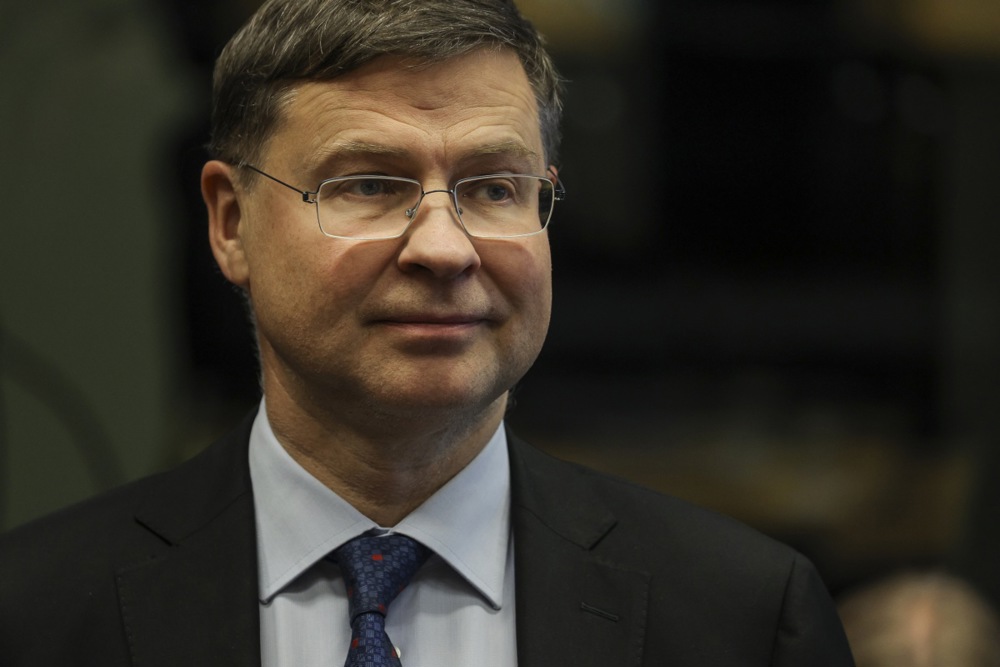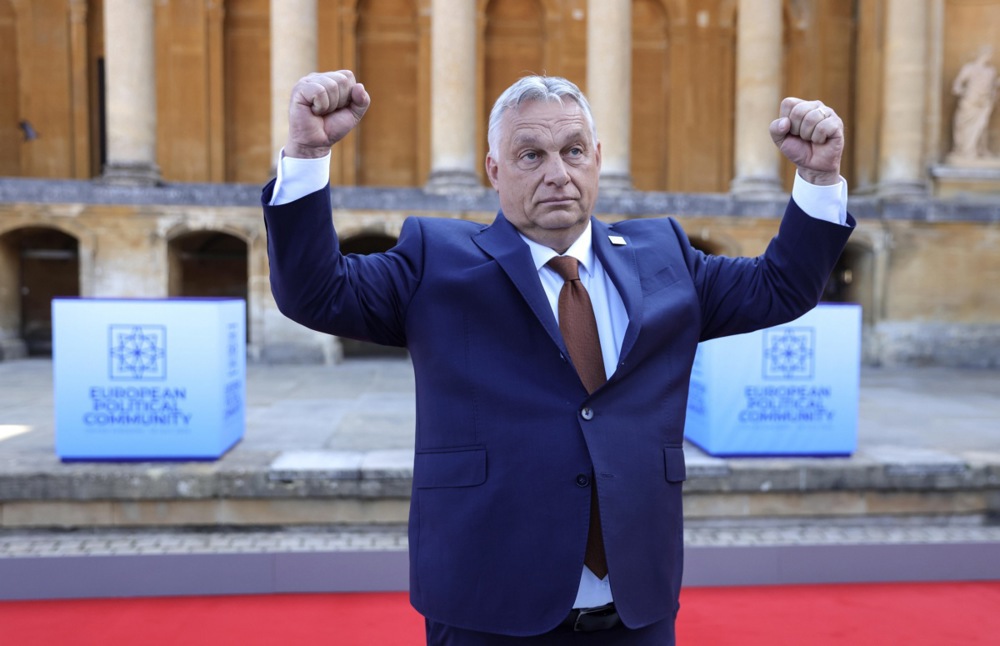After years of contention over agricultural imports and foods, the European Union and Ukraine finally signed an updated trade agreement on June 30.
The food and agricultural trade framework takes the place of temporary wartime measures that expired in early June.
It was a “balanced, fair and realistic” accord reached under challenging geopolitical circumstances, said EU Trade Commissioner Maroš Šefčovič.
Following Russia’s invasion in 2022, the EU lifted all tariffs and quotas on Ukrainian farm goods to compensate for Black Sea export routes that had become blocked.
However, an influx of inexpensive Ukrainian grain, poultry, and sugar ignited protests among farmers in Poland, France, and Bulgaria, among other countries.
As a result, pre-war trade restrictions returned in June.
The newly struck deal seeks a middle path between unrestricted trade and the pre-war restrictions.
Products less likely to disrupt EU food markets—such as fermented milk, mushrooms and grape juice—see smaller increases in import quotas, while tighter caps return for more disruptive food staples like sugar, eggs, wheat, poultry and maize.
EU farmers also have extra protection through “safeguard clauses” allowing member states or the EU as a whole to impose emergency tariffs, if excessive imports threaten local markets.
In return, Ukraine promised gradually to harmonise its agricultural production standards—covering animal welfare, pesticide use, and veterinary controls—with EU regulations by 2028, in keeping with its broader aspirations for joining the EU.
EU producers received greater access to the Ukrainian market as well.
Kyiv anticipates it will see a 20 to 30 per cent rise in quotas for such key export sectors as pork, poultry, and sugar.
Bilateral trade between the EU and Ukraine reached €67 billion in 2024, with Ukraine recording an €18 billion trade surplus.
This is a growth trajectory Brussels hopes to sustain with the new food trade framework.
President Ursula von der Leyen hailed the trade agreement as offering “bridges of resilience and economic solidarity” amid Russia’s ongoing aggression.
“The concluded agreement is one very important step towards Ukraine’s entry in our single market and towards a level playing field for EU farmers,” said Christophe Hansen, the EU’s agriculture and food commissioner.
Negotiations concluded over the weekend, less than a month after formal talks began, said Šefčovič.
Agricultural organisations in countries neighbouring Ukraine, however, have expressed significant apprehension about the EU-Ukraine trade deal.
They argue it could still flood the European market with cheap Ukrainian grain and oil seeds, threatening local farmers’ livelihoods.
Some critics also claim the EU delayed negotiations to avoid backlash from farmers ahead of Poland’s presidential election, the Kyiv Independent reported.





